The frequency and severity of war crimes and crimes against humanity committed by Myanmar’s military have escalated, warned Mr. Nicholas Koumjian, the head of the Independent Investigative Mechanism for Myanmar (IIMM).
Speaking on October 29 at the United Nations General Assembly’s 79th Third Committee meeting, Mr. Koumjian stated, “Since my presentation to this committee last year, I must regrettably report that war crimes and crimes against humanity in Myanmar have increased in frequency and brutality. The Myanmar military’s airstrikes have intensified, killing hundreds of civilians. In recent weeks, the Mechanism has collected evidence of military airstrikes on refugee camps in Mandalay and Kayah, markets and schools in northern Shan, a monastery, a wedding in Sagaing, and villages in Rakhine.”
He also highlighted that the military has increasingly targeted individuals it deems as opponents, leading to a rise in arrests and subsequent atrocities. Reports indicate a disturbing rise in gender-based violence, including gang rape, sexual violence, and torture inflicted on detainees. Mr. Koumjian noted that the IIMM has gathered evidence of such brutal war crimes by the Myanmar military as well as other armed groups. The Mechanism seeks to hold accountable all those responsible, regardless of political affiliation, religion, or ethnicity.
The IIMM is currently launching new investigations in Magway, Sagaing, Kachin, and Shan regions, he said. It has also received reports of horrific crimes, including torture, sexual violence, and mass killings amid clashes between the Myanmar military and Arakan forces in Rakhine State, which have affected civilians of various ethnicities.
Mr. Koumjian emphasized the vulnerability of Rohingya communities in Rakhine, noting that tens of thousands of Rohingya have been forced to flee their homes. The ongoing situation throughout Rakhine and other parts of the country reflects the consequences of decades of impunity, he said. He cautioned that the cycle of violence will continue if perpetrators are not prosecuted and held accountable.
The IIMM, he explained, is intensifying its information-sharing efforts with international justice authorities, including the International Criminal Court, the Federal Court of Argentina, and the International Court of Justice. While IIMM itself lacks the authority to arrest or prosecute, it is committed to assisting authorities that can bring perpetrators to justice.
Mr. Koumjian remarked that the people of Myanmar continue to demand justice. Successfully prosecuting individuals responsible for war crimes, crimes against humanity, and genocide could have profound effects beyond Myanmar, he said, delivering a strong message that even the highest-ranking perpetrators can be held accountable.
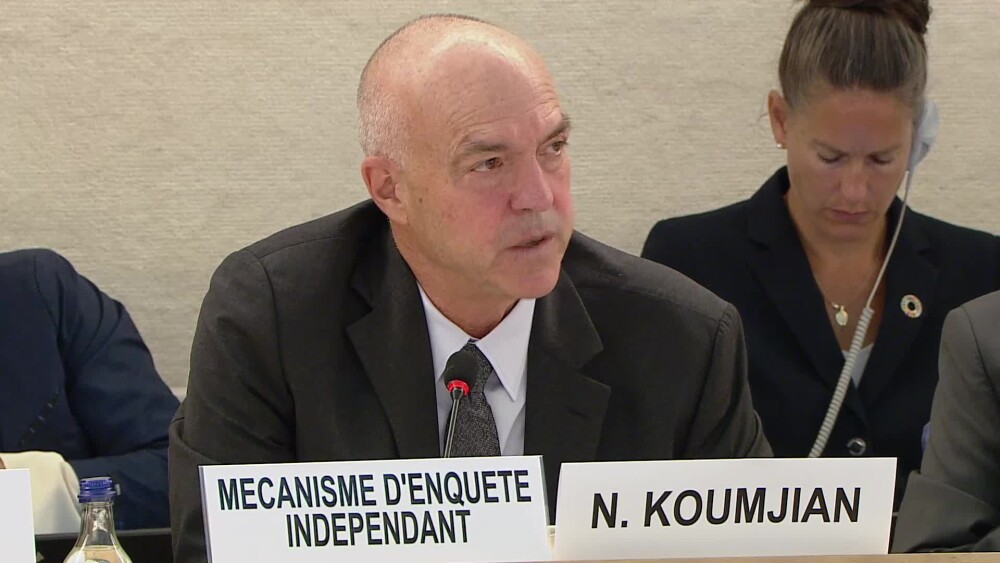

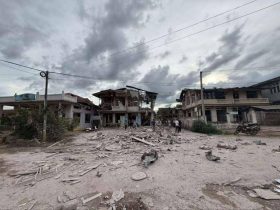
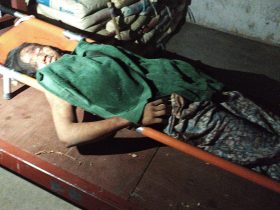

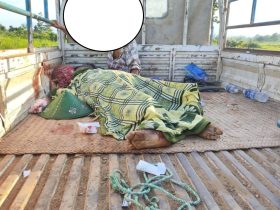
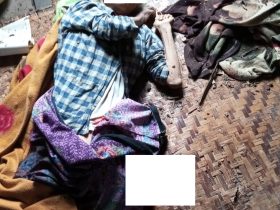


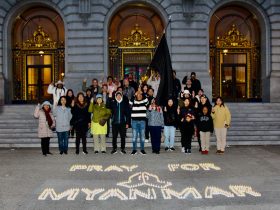
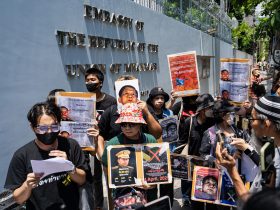
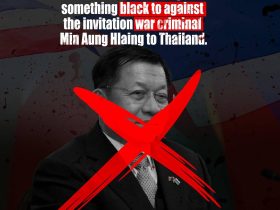
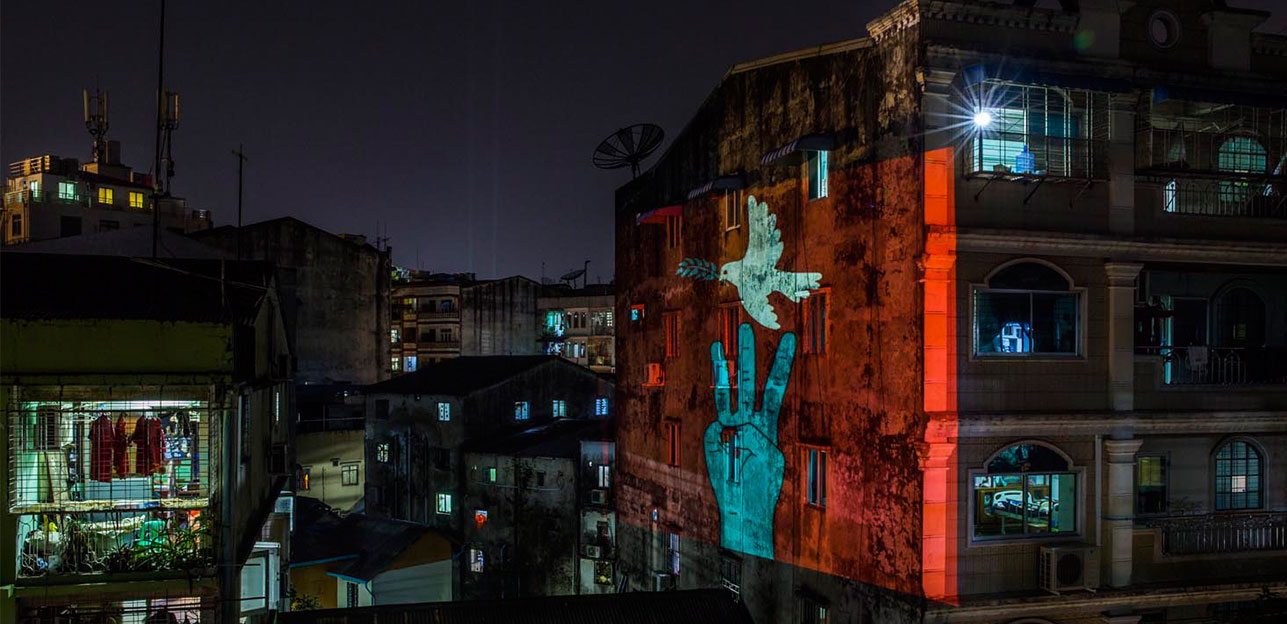

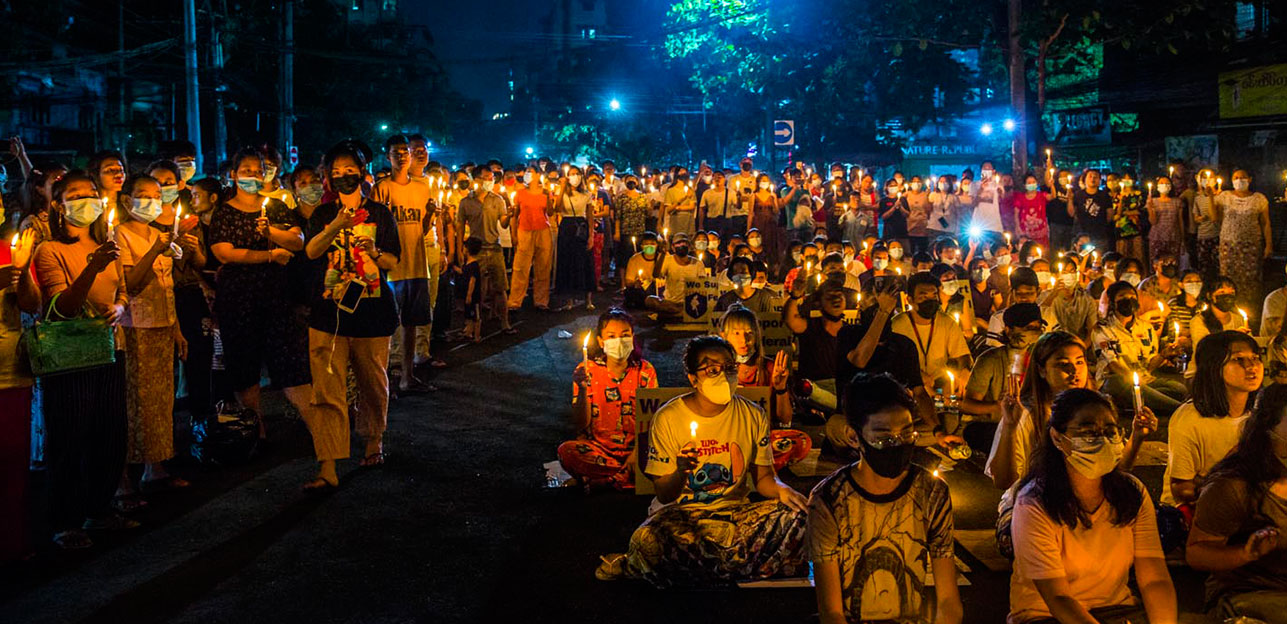

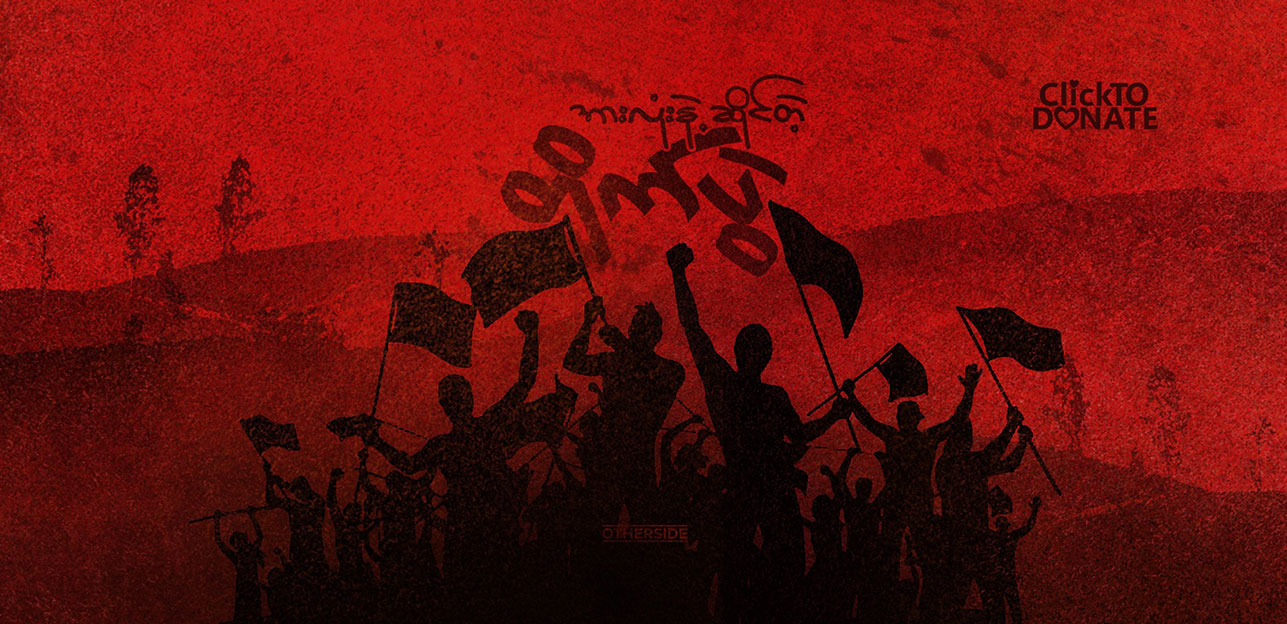

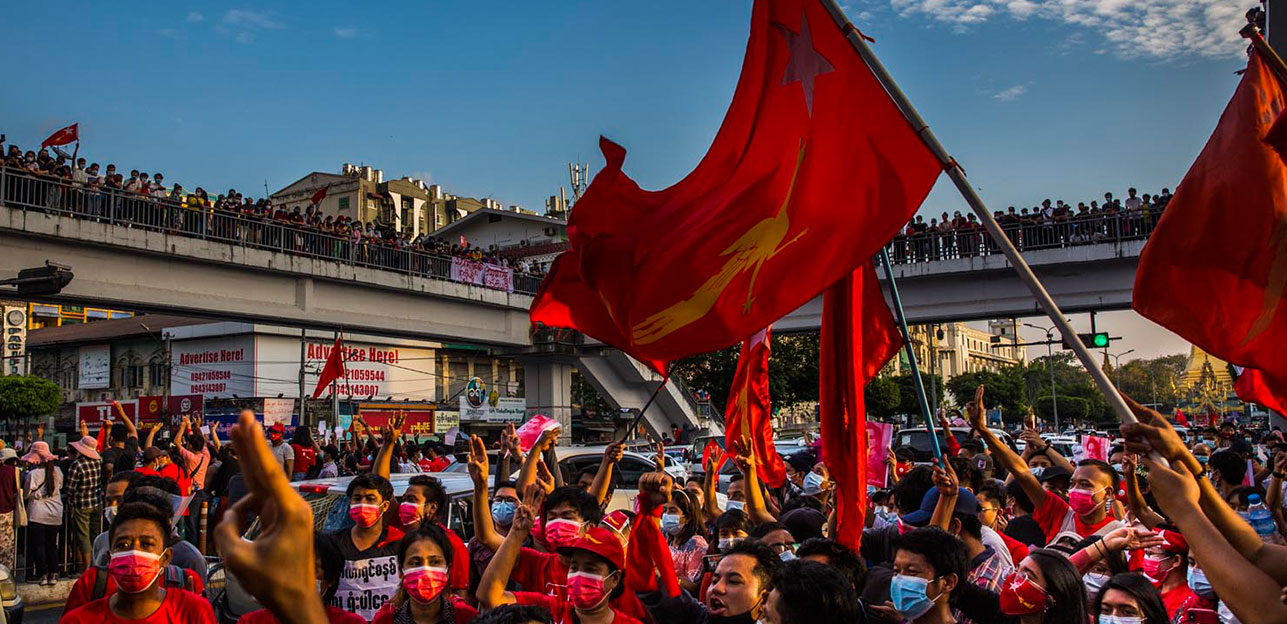

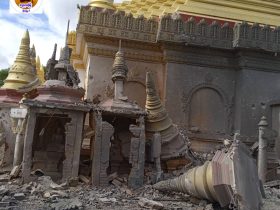
Got Questions?
Find us on Socials or Contact us, and we’ll get back to you as soon as possible.